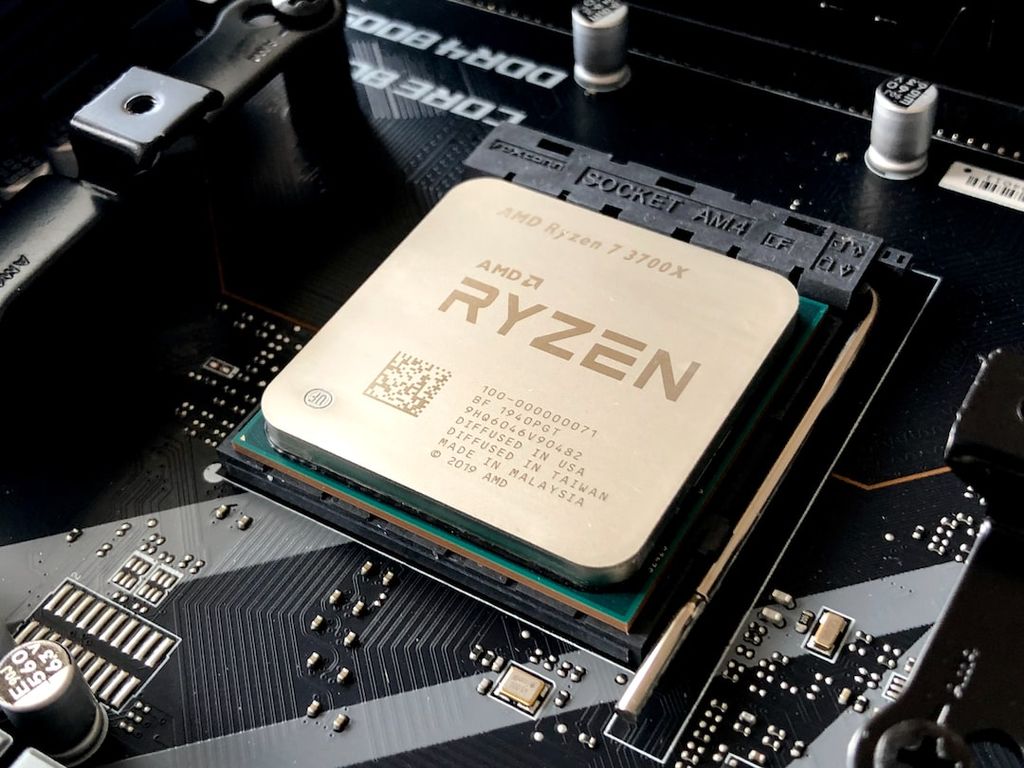Late payments from Thai buyers can pose significant challenges for US electronics exporters. These delays can impact cash flow and hinder business operations. However, exporters can employ various strategies to mitigate these risks and ensure timely payments. Effective communication and understanding of Thai business etiquette are also crucial in building strong relationships with buyers. By implementing these practices, US electronics exporters can navigate the challenges associated with late payments and maintain successful business partnerships with Thai buyers.
Key Takeaways
- Establish clear payment terms to minimize payment delays.
- Use secure payment methods to mitigate currency exchange risks.
- Implement credit risk assessment procedures to evaluate the financial stability of Thai buyers.
- Understand Thai business etiquette to facilitate effective communication.
- Build strong relationships with Thai buyers to foster trust and cooperation.
Challenges Faced by US Electronics Exporters
Payment Delays from Thai Buyers
Payment delays from Thai buyers are a common challenge faced by US electronics exporters. These delays can be attributed to various factors such as bureaucratic processes, cultural differences, and communication gaps. To mitigate this issue, exporters should establish clear payment terms and ensure that these terms are communicated effectively to buyers. Additionally, using secure payment methods can help minimize the risk of non-payment or late payment. Implementing credit risk assessment measures can also provide exporters with valuable insights into the financial stability of their buyers. By addressing these challenges head-on, US electronics exporters can navigate the complexities of international trade and maintain a healthy cash flow.
Currency Exchange Risks
Currency exchange risks pose a significant challenge for US electronics exporters when dealing with Thai buyers. Fluctuations in exchange rates can impact the profitability of transactions, making it crucial for exporters to closely monitor currency trends and establish hedging strategies. Additionally, contract clauses that address currency fluctuations and provide flexibility in payment terms can help mitigate the risks. It is essential for exporters to work closely with their financial institutions and seek expert advice to navigate these challenges effectively.
| Table Title | Table Title |
|---|---|
| Table Content | Table Content |
- List item 1
- List item 2
Blockquote content
Cultural Differences in Business Practices
When conducting business with Thai buyers, US electronics exporters may encounter cultural differences that can impact the efficiency of their operations. For example, Thai business practices may prioritize personal relationships and face-to-face interactions over strict adherence to deadlines. This can lead to delays in payment processing and order fulfillment. It is important for exporters to understand and adapt to these cultural nuances to ensure smooth business transactions. Additionally, language barriers and communication styles may also pose challenges. Exporters should consider utilizing local intermediaries who are familiar with both cultures to facilitate effective communication and bridge any gaps that may arise.
Strategies to Mitigate Late Payments
Establishing Clear Payment Terms
To ensure timely payments from Thai buyers, US electronics exporters should establish clear payment terms in their contracts. This includes specifying the payment due date, acceptable payment methods, and consequences for late payments. Additionally, exporters should consider incorporating a DCI (Documentary Credit Instructions) clause in the contract, which provides an added layer of security and reduces the risk of non-payment. By clearly outlining the payment terms and utilizing a DCI clause, exporters can mitigate the risk of late payments and maintain a healthy cash flow.
Using Secure Payment Methods
When it comes to ensuring timely payments from Thai buyers, using secure payment methods is crucial. By utilizing trusted and reliable payment platforms, US electronics exporters can minimize the risk of payment delays and protect themselves from potential fraud. Secure payment methods provide a safe and efficient way to transact business, giving exporters peace of mind and confidence in their financial transactions. Additionally, these platforms often offer features such as fast remittances and electronic payments, making the payment process more convenient for both parties. By prioritizing secure payment methods, exporters can mitigate the risk of late payments and ensure smoother financial transactions with their Thai buyers.
Implementing Credit Risk Assessment
To minimize the risk of late payments, US electronics exporters can implement credit risk assessment strategies. This involves evaluating the financial stability and creditworthiness of potential Thai buyers before entering into business agreements. By conducting thorough assessments, exporters can identify and mitigate potential risks, such as the likelihood of debt recovery issues. Implementing credit risk assessment helps ensure more secure transactions and reduces the impact of payment delays.
Effective Communication with Thai Buyers
Understanding Thai Business Etiquette
When doing business in Thailand, it is important to understand the cultural nuances and business etiquette. Thai people value efficiency and expect prompt responses and actions. Building strong relationships based on trust and respect is crucial in Thai business culture. It is also common to utilize local intermediaries who have a deep understanding of the local market and can help navigate any potential challenges. Effective communication is key to successful business dealings in Thailand.
Building Strong Relationships
Building strong relationships with Thai buyers is crucial for US electronics exporters. Regular communication and mutual trust are the foundation of a successful business partnership. It is important to show respect for Thai culture and customs, and to adapt to their way of doing business. Face-to-face meetings and personal interactions can help foster a deeper understanding and connection. Additionally, providing excellent customer service and delivering on promises can help strengthen the relationship. Maintaining a positive and professional attitude is key to building long-lasting relationships with Thai buyers.
| Key Strategies |
|---|
| Regular communication |
| Mutual trust |
| Respect for Thai culture |
| Face-to-face meetings |
| Excellent customer service |
| Delivering on promises |
| Positive and professional attitude |
Building strong relationships with Thai buyers is essential for US electronics exporters to navigate the challenges of doing business in Thailand and ensure long-term success.
Utilizing Local Intermediaries
When exporting electronics from the U.S.A. to Thailand, utilizing local intermediaries can help mitigate risks and streamline the payment process. These intermediaries have a deep understanding of the local business landscape and can navigate cultural nuances and language barriers. They can also provide valuable insights into the payment practices and creditworthiness of Thai buyers. By leveraging their expertise, U.S. exporters can minimize the impact of payment delays and currency exchange risks. Additionally, working with local intermediaries can help build trust and establish strong relationships with Thai buyers, leading to smoother transactions and timely payments.
Effective communication is crucial when dealing with Thai buyers. Understanding their culture and language can help build trust and establish strong business relationships. At No Recovery No Fee Debt Collections, we specialize in debt collection solutions made simple. Our experienced team is well-versed in Thai business practices and can effectively communicate with Thai buyers to ensure successful debt recovery. Contact us today to learn more about how we can help you recover your debts and simplify the debt collection process.
Frequently Asked Questions
What are the common reasons for payment delays from Thai buyers?
Payment delays from Thai buyers can occur due to various reasons such as administrative issues, currency exchange complications, or financial constraints.
How can US electronics exporters establish clear payment terms with Thai buyers?
US electronics exporters can establish clear payment terms with Thai buyers by clearly outlining the payment terms and conditions in the sales contract or agreement. It is important to specify the payment due dates, accepted payment methods, and any penalties for late payments.
What are some secure payment methods that US electronics exporters can use?
US electronics exporters can use secure payment methods such as letters of credit, escrow services, or payment through reputable international banks. These methods provide assurance to both parties involved in the transaction.
How can US electronics exporters assess the credit risk of Thai buyers?
US electronics exporters can assess the credit risk of Thai buyers by conducting thorough background checks, requesting financial statements or references, or using credit risk assessment services. This helps in evaluating the financial stability and creditworthiness of the buyers.
What are some important aspects of Thai business etiquette to consider when communicating with Thai buyers?
When communicating with Thai buyers, it is important to show respect, avoid confrontational or aggressive behavior, and maintain a polite and friendly tone. Building personal relationships and showing an understanding of Thai culture can also be beneficial.
How can US electronics exporters build strong relationships with Thai buyers?
US electronics exporters can build strong relationships with Thai buyers by maintaining regular communication, delivering high-quality products and services, providing excellent customer support, and demonstrating a commitment to long-term partnerships.





